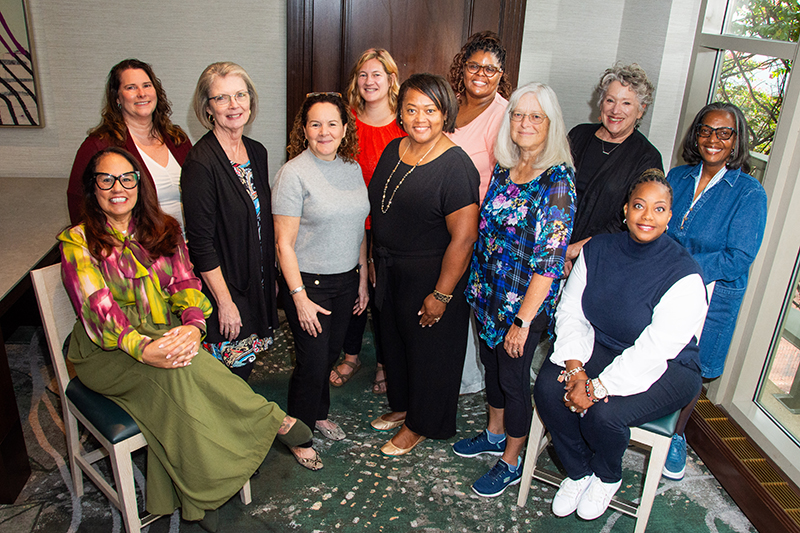Panel of social workers compares educational standards and examination content
Earlier this month, the Association of Social Work Boards convened a panel of social work educators to compare the content of one of the social work licensing exams alongside the competencies for academic accreditation. These social workers reviewed the applied knowledge statements for the 2026 social work licensing exams and the most recent Educational Policy and Accreditation Standards for Baccalaureate and Masters Social Work Programs (EPAS), published by the Council on Social Work Education in 2022.
When completed, the study's findings will illuminate the common ground between education and regulation and highlight potential opportunities for strengthening our professional identity.
This review — also referred to as an alignment study — was designed to better understand the connections between the applied knowledge statements that make up the blueprint for the 2026 Masters social work licensing exam and the core competencies as expressed in the EPAS.
Historic analysis
“Once again, we have embarked on an historic collaboration, this time bringing together highly experienced social work educators,” says ASWB CEO Stacey D. Hardy-Chandler, Ph.D., J.D., LCSW, PGDip. “These experts came from across the country to look at the extent to which educational standards align with applied readiness-to-practice competencies for professional licensure. When completed, the study’s findings will illuminate the common ground between education and regulation and highlight potential opportunities for strengthening our professional identity.”
The applied knowledge statements on the licensing exam blueprints come from the 2024 practice analysis, a major research project that includes a survey of practicing social workers. CSWE’s Commission on Accreditation and its Commission on Educational Policy jointly develop the EPAS competencies. These standards are used in setting educational guidelines and conducting accreditation reviews for social work degree programs.
During the study, two panels of subject matter experts evaluated each applied knowledge statement on the ASWB Masters exam and determined whether it was covered by one or more of the competencies outlined in the EPAS.

Researchers from the Human Resources Research Organization (HumRRO) facilitated the process and will now analyze the data gathered from the study. ASWB plans to publish HumRRO’s report on the findings of the study in late 2025.

